Knowledge Leads To Empowerment. Equipping Teachers To Help Mothers Achieve Better Birth Outcomes
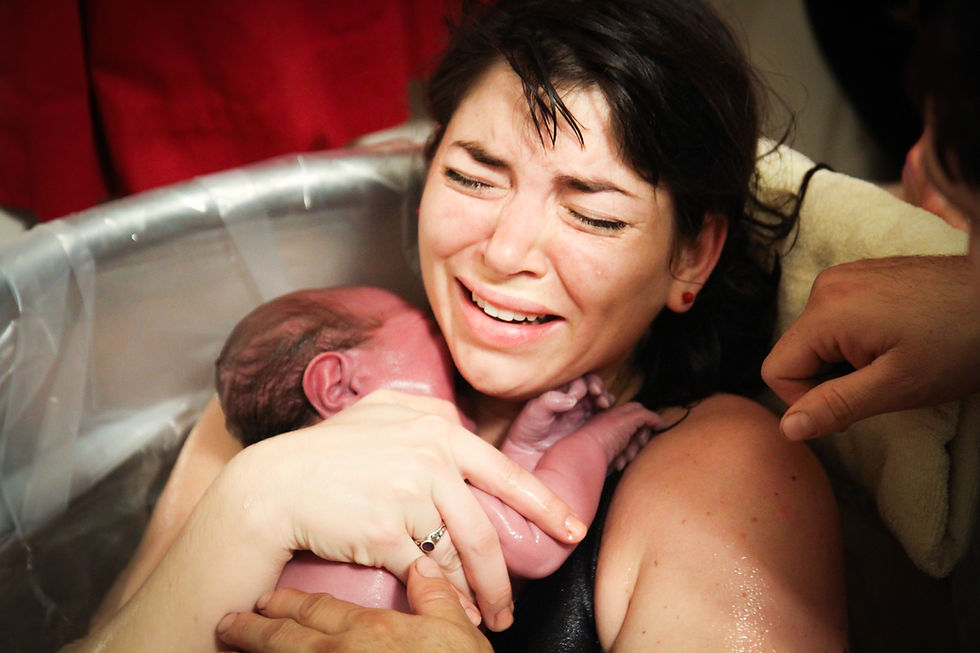
We Believe That The Overall Health Of Families Is Directly Linked To Maternal Health. We Aim To Provide And Advocate For Dignifying, Safe, And Healthy Birth Environments That Empower Women To Participate In Raising Healthy Children.
Focusing on the development of people, we consider the scope of addressing health care in the 3rd world. The overall health of families and societies are directly linked to maternal health. Maternal health is more than just reproductive health, it includes the familial, social, and mental health of women as well.
Ensuring the humanization of women in their respective societies is connected to the priority they are given within a health care system. This is especially important for a mother throughout her childbearing years, and unfortunately not enough is being done to protect these women, here and abroad.
In the developing world, a mother’s death in childbirth guarantees the death for her baby 90 percent of the time.
If a woman lacks access to adequate health care during her pregnancy, the outcome of her birth will likely include a life-threatening situation such as hemorrhage or sepsis.
At G.O.D. Int’l, we emphasize the humanization of women in childbirth particularly in the 3rd world where women are subject to chaotic, humiliating and hostile environments.
We are advocates for dignifying, safe and healthy birth environments that empower women to raise healthy children and families.
One of the most prominent stories concerning maternal health and its effect on society is found in the book of Exodus. Although legislation mandated that the midwives of Egypt execute male children born to the Hebrew women, the text says that ‘the midwives feared God’ (1.17) and allowed the boys to live.
God honored these brave midwives by giving them families of their own. Regardless of the standing health care laws, these midwives were more concerned for the preservation of life, for both the mothers and their babies. The priority they placed on the preservation of life led to the preservation of a baby who would grow up to change history for the nation, Moses.
Humanizing care is evident in Jesus' practice. In Luke 8 he is confronted by a hemorrhaging woman. She reaches out and touches him in the midst of a crowd. The text reveals that this woman had been taken advantage by the health care system and still had not received healing. Now, she was in financial ruin and had no other options available to her.
Jesus stops in the midst of the crowd to acknowledge this woman's touch and calls her ‘daughter.’ Doing this for the woman, who was ostracized by her reproductive issue, rehabilitated her identity as a member of the human family, and offered her a parental covering--a very humanizing act. Jesus was concerned with her physical, social and emotional healing.
The condition of women in the 3rd world is similar to the hemorrhaging woman of the story. Their health affects whether or not they can participate in society, produce thriving children, and be seen as respectable daughters to their families.
Jesus shows us that we must advocate for the vulnerable in our societies; pregnant women and children are of paramount concern. Surprisingly enough, the need for appropriate health care also exists in the United States.
Although we are a wealthy nation with a functioning health care system, it often fails to provide childbearing women with the humanizing and compassionate care they deserve. Amnesty International cites that a woman is more likely to die in childbirth in the US, than in 49 other countries including Bulgaria, Kuwait and South Korea (Source: Amnesty International). The need for education and advocacy for childbearing women remains a need, worldwide.
“Jesus shows us that we must advocate for the vulnerable in our societies; pregnant women and children are of paramount concern.”
How Are We Trained?
The NOVA Childbirth Education (CBE) Program, which launched in January of 2010, is an intensive two-year certification program designed to address the maternal and infant mortality rates in developing countries.
This program equips students with a working knowledge of pregnancy, childbirth, the postpartum period, and lactation in order to empower women to have healthy childbearing years.
Students who complete the program become Certified Childbirth Educators. Throughout the program they develop curriculum for instruction, have opportunities to teach, support expecting families here and abroad, and implement the disciplines of holistic childbirth education.
The NOVA CBE program has seven courses, including a year-long Practicum where students provide education, doula support, and lactation support services to low-income families at no cost. This is an excellent hands-on opportunity to apply their education from classes, while receiving feedback from instructors and preceptors.
Our students can expect to use their training as Certified Childbirth Educators in the United States and developing nations. Their training may also serve as a foundation for those interested in midwifery, doula support, lactation education, and/or other realms of service within the maternal health field.
We value lifelong education, and we encourage participants to continue pursuing opportunities to further their education by attending seminars and conferences with the most updated evidence-based research so that we may provide the best care to families in need.
What Have We Done So Far?
Even before the launch of the CBE program, there were several women in the organization who were working as doulas and childbirth educators.
The first Reproductive Seminar hosted by G.O.D Int’l was in rural Kenya in 1999. Tara Garner educated women, including high school girls, about their reproductive health. These experiences also raised her awareness to the struggles that women face in the 3rd world.
In 2005, Tara was joined by Celesta Bargatze and Heather Munoz, and together they offered seminars on maternal health and HIV/AIDS in East Africa.
Since then, Tara, Celesta, and Heather have been working together to educate women, both here and abroad, regarding maternal health. Tara is the Director of the CBE program and NOVA Birth Services, while Celesta and Heather are both Midwives.
The NOVA CBE Program has equipped students with the necessary education to provide birth services locally to immigrants, refugees and many families in need. We have developed relationships with other non-profit organizations that work specifically with this demographic and have served as advocates for them as they learn to navigate the U.S. health care system.
This often includes arranging rides to appointments, finding or serving as translators, providing labor support, and becoming communications liaisons with health care providers. This is an ongoing aspect of our work that we see as a valuable investment in families, in addition to gaining experience that will translate into the 3rd world setting.
UNICEF states that the greatest need for health care workers is not doctors, nurses or dentists but for midwives.
Graduates of the inaugural CBE Program class are now midwifery apprentices, working alongside knowledgeable and experienced midwives, with several more on their way to becoming Certified Professional Midwives.
The relationships we've been able to foster with some of the country's most renowned midwives are rare to achieve, especially as the growing interest for midwifery has made it a very competitive field.
By providing Childbirth Educators, Doulas, Monatrice, Lactation Specialists, and Midwives, we believe we are most effectively responding to the cries of a most vulnerable group in our world.










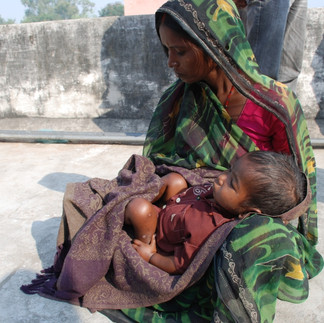

























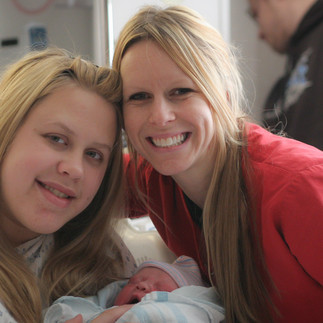













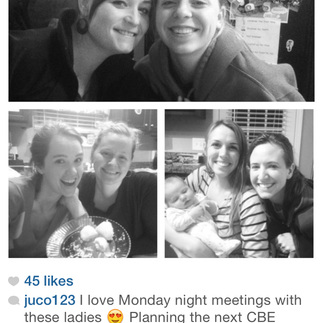





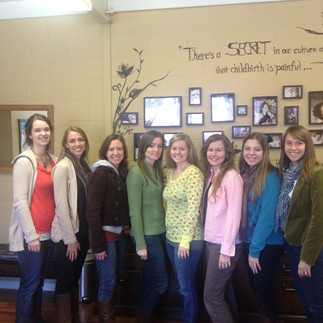













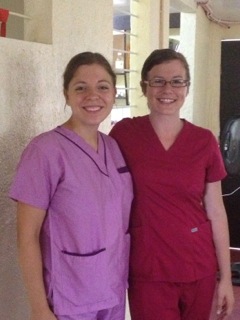


Comentarios